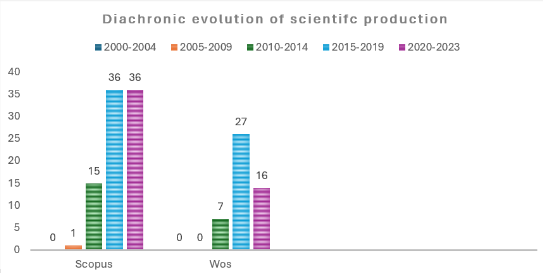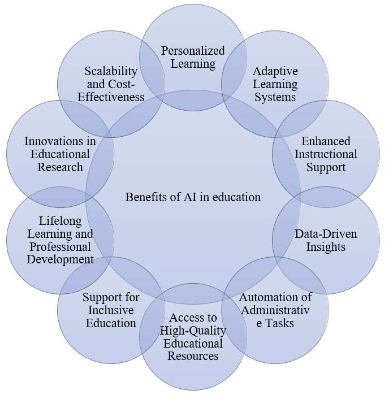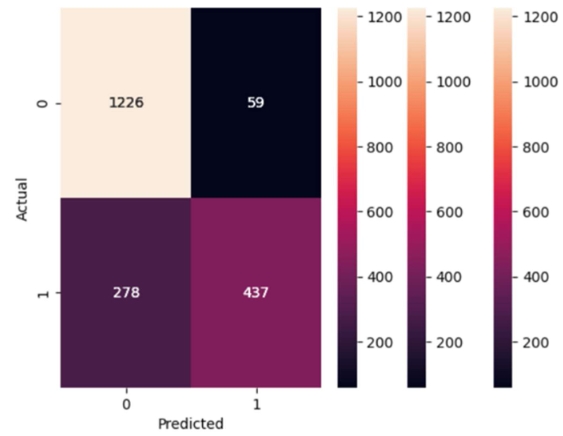Behavioral aspects and the academic performance during pandemic of sixth graders
Abstract
This study sought to determine the behavioral aspects during the pandemic and the academic performance of Grade VI pupils at Bulalacao Central School as the basis for proposing an intervention program. This study made use of descriptive-correlation methods of research. Randomly selected respondents were from three (3) sections. The study used a validated researcher-made instrument that had reliability testing. Results revealed many behavioral aspects during the pandemic across indicators (mental aspects—2.81; emotional aspects—2.87; social aspects—2.99; and physical aspects—2.94). Pupils are on a satisfactory level of academic performance during the first and second quarters. Moreover, a significant relationship existed between the variables. With these, pupils had a great extent of behavioral aspects during the pandemic and had a satisfactory performance during the first and second quarters; the extent of their behavioral aspects during the pandemic affects the level of their academic performance; and the implementation of the psychosocial program was needed to boost their mental aspects as pupils.
References
[1]Guerrini Usubini A, Cattivelli R, Varallo G, et al. The Relationship between Psychological Distress during the Second Wave Lockdown of COVID-19 and Emotional Eating in Italian Young Adults: The Mediating Role of Emotional Dysregulation. Journal of Personalized Medicine. 2021; 11(6): 569. doi: 10.3390/jpm11060569
[2]Aucejo EM, French J, Araya MPU, Zafar B. The Impact of COVID-19 on Student Experiences and Expectations: Evidence from a Survey. Available online: https://www.nber.org/system/files/working_papers/w27392/w27392.pdf (accessed on 10 March 2024).
[3]Tee M, Wang C, Tee C, et al. Impact of the COVID-19 Pandemic on Physical and Mental Health in Lower and Upper Middle-Income Asian Countries: A Comparison Between the Philippines and China. Frontiers in Psychiatry. 2021; 11. doi: 10.3389/fpsyt.2020.568929
[4]Atienza ME. The Philippines a year under lockdown. Verfassunsblog. Available online: https://verfassungsblog.de/the-philippines-a-year-under-lockdown/ (accessed on 2 February 2022).
[5]Zimmermann M, Bledsoe C, Papa A. Initial impact of the COVID-19 pandemic on college student mental health: A longitudinal examination of risk and protective factors. Psychiatry Research. 2021; 305: 114254. doi: 10.1016/j.psychres.2021.114254
[6]Al Lily H, Al-Qudah J, Jaradat I. The impact of the COVID-19 pandemic on student academic performance: Evidence from an online university. International Journal of Educational Technology in Higher Education. 2020; 17(1): 34.
[7]Crawford B, Gunn P, Han X, et al. The impact of the COVID-19 pandemic on student well-being and academic performance in the UK: A literature review. Educational Psychology in Practice. 2021; 37(3): 303-324.
[8]Bundy DA, Behrman JR, Molina MJ. The Impact of the Ebola Virus Disease Outbreak on Education and Child Labor in Liberia: Results From A Nationwide Survey. The World Bank; 2017.
[9]McCombes S. Descriptive Research | Definition, Types, Methods & Examples. Available online: https://www.scribbr.com/methodology/descriptive-research/ (accessed on 10 March 2024).
[10]Timotheou S, Miliou O, Dimitriadis Y, et al. Impacts of digital technologies on education and factors influencing schools’ digital capacity and transformation: A literature review. Educational Research Review. 2022; 35: 100372.
[11]Durlak JA, Weissberg RP, Dymnicki AB, et al. The Impact of Enhancing Students’ Social and Emotional Learning: A Meta‐Analysis of School‐Based Universal Interventions. Child Development. 2011; 82(1): 405-432. doi: 10.1111/j.1467-8624.2010.01564.x
[12]Oliva M, Anikin A. Pupil dilation reflects the time course of emotion recognition in human vocalizations. Scientific Reports. 2018; 8(1). doi: 10.1038/s41598-018-23265-x
[13]World Health Organization. WHO reviews effect of physical activity on enhancing academic achievement at school. Available online: https://www.who.int/azerbaijan/news/item/17-02-2021-who-reviews-effect-of-physical-activity-on-enhancing-academic-achievement-at-school (accessed on 10 March 2024).
[14]Chen G. Parental involvement is key to student success. Available online: https://www.publicschoolreview.com/blog/parental-involvement-is-key-to-student-success (accessed on 12 January 2024).
[15]Lee J, Lim H, Allen J, et al. Effects of Learning Attitudes and COVID-19 Risk Perception on Poor Academic Performance among Middle School Students. Sustainability. 2021; 13(10): 5541. doi: 10.3390/su13105541
[16]EdTechReview. What Is The Behavioural Learning Theory? What Are Its Types. Available online: https://www.edtechreview.in/dictionary/what-is-the-behavioural-learning-theory-and-its-types/ (accessed on 12 January 2024).
Copyright (c) 2024 Erica M. Guerrra, Gemcer D. Selda, Gemma G. Crisostomo, Lin T. Sumudyo, Nicole M. Buensalida, Renalyn B. Galicia

This work is licensed under a Creative Commons Attribution 4.0 International License.









